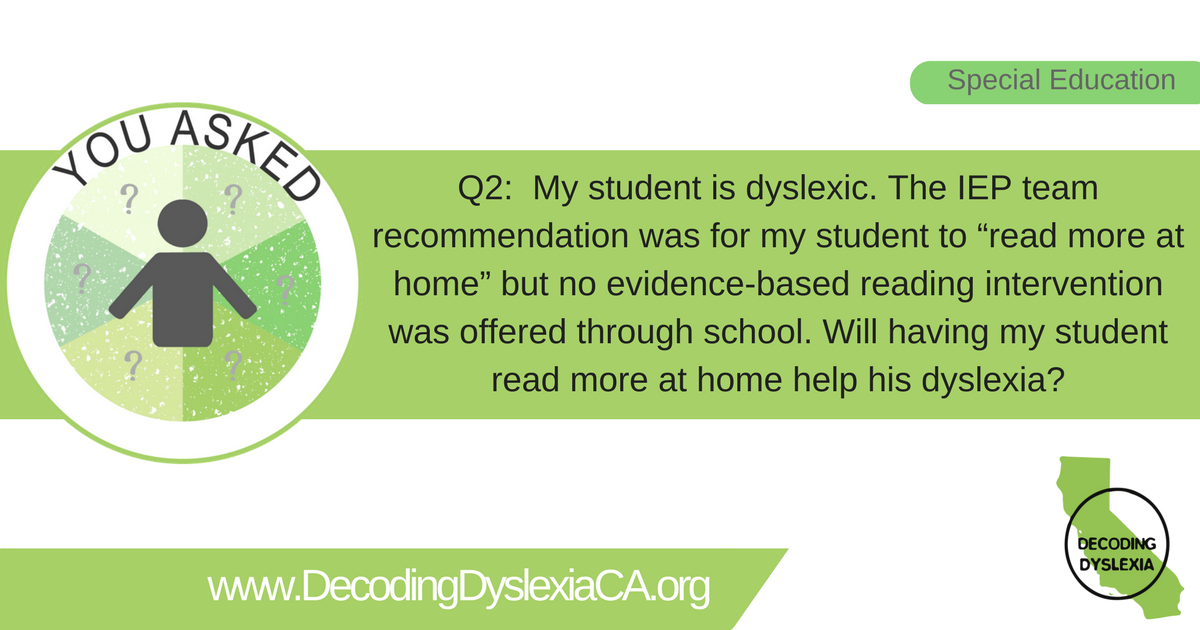 Learn how one dyslexia expert is paying it forward! Decoding Dyslexia CA interviews Dr. Margie Gillis, President and Founder of Literacy How to learn more about the innovative way she is reinvesting her company’s profits into training teachers in Structured Literacy. Structured Literacy is a research-based approach to providing instruction that benefits not only students with dyslexia, but all students.
Learn how one dyslexia expert is paying it forward! Decoding Dyslexia CA interviews Dr. Margie Gillis, President and Founder of Literacy How to learn more about the innovative way she is reinvesting her company’s profits into training teachers in Structured Literacy. Structured Literacy is a research-based approach to providing instruction that benefits not only students with dyslexia, but all students.
Dr. Gillis holds an Ed.D. in Special Education and is a Certified Academic Language Therapist. She is also a research affiliate with Haskins Laboratories. Haskins Laboratories has long-standing, formal affiliations with the University of Connecticut and Yale University and it produces groundbreaking research that enhances our understanding of—and reveals ways to improve or remediate—speech perception and production, reading and reading disabilities, and human communication.
Decoding Dyslexia CA is pleased to announce that Dr. Gillis of Literacy How will be coming to the San Francisco Bay Area this summer to provide a weeklong (30-hour) Structured Literacy training for sixty teachers. DDCA is co-sponsoring this training with San Ramon Valley USD. More information on how teachers can register for this training can be found here. This training will sell out so register early.

